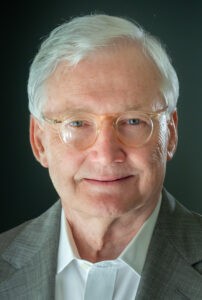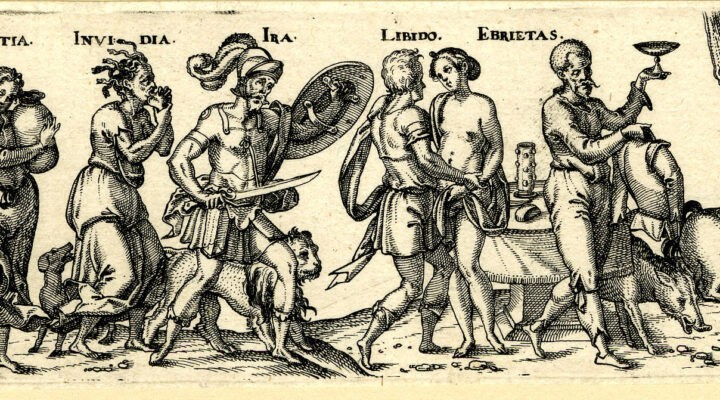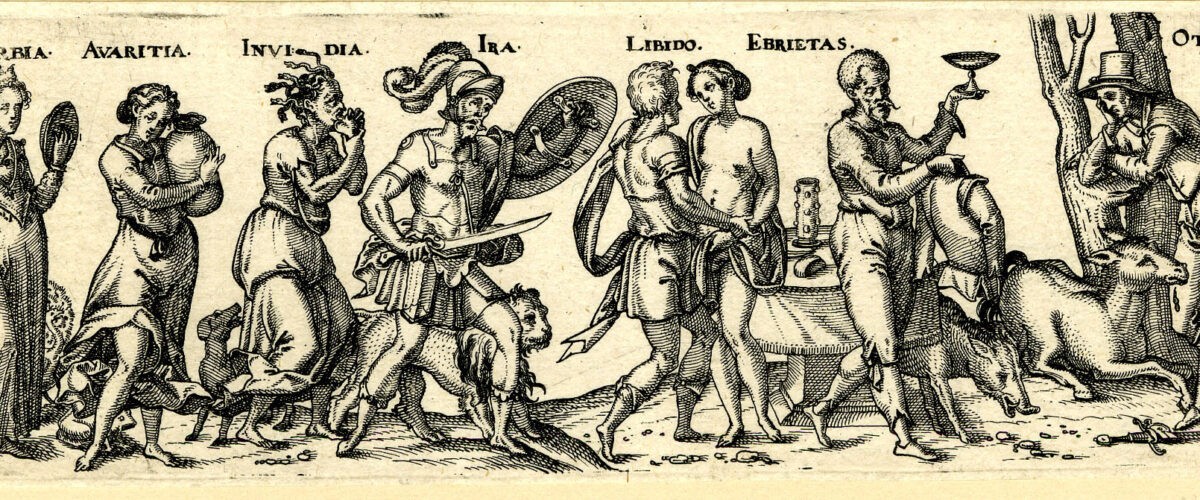When you read this opinion piece, the presidential election of 2024 will be finished, if not finally decided. It seems to me the election will determine whether the Seven Deadly Sins or the Seven Classical Virtues will be ascendant in our land.
The two lists were compiled by the church in Western Christianity as a manual of ethics. And we are all caught, confoundingly so, between the two.
The sins: Pride, sloth, envy, anger, greed, gluttony, lust.

Stephen Shoemaker
The virtues, compiled from ancient Greece and the Christian New Testament: Wisdom, courage, justice, temperance, faith, hope, love.
One candidate is incorrigibly captive to the sins and the other is seeking, however imperfectly, to return us to the virtues, civic and spiritual. For a decade, a political poison has entered the body politic in grave proportion, and it will take time for us to work out the poisons now embedded in our civic life.
So it is a precipice we face, one way leading us precipitately and more deeply into chaos and constitutional decay, the other leading us back toward respect for the rule of law, to a rebuilding of our civic institutions and to reverence as a civic virtue. This reverence, writes University of Texas philosopher Robert Woodruff, “begins in a deep understanding of human limitations.” It begins as we acknowledge the human limits of our power, wisdom and goodness.
The American church has been implicated in the political divisions to an alarming degree, one branch of the church in thrall to the allures of power and gripped with fear over what they take to be the religious persecution of the church, and the other trying to embody justice and compassion and worried about what feels like a new Dark Ages ahead.
Enmity has been more present than charity among us.
“Enmity has been more present than charity among us.”
Then there are the many in between, bewildered as to what to do. Both sides, all sides, as Lincoln observed in his Gettysburg Address, “read the same Bible and pray to the same God.”
Some of us long for a time when the politics of the day did not so dominate our common life, for a time, as we dream it, when the preaching and living of the gospel was more central to our life. And yet we also recognize the white church in America has been from its beginnings in this land an incubator of white supremacy.
The crisis of this present moment begs for a reformation of the church that addresses our complicity in the injustice of our land and calls the nation to its founding creed, that all are created equal and are endowed by our Creator with the unalienable rights of a life, liberty and pursuit of happiness meant for all its citizens.
No matter who wins, we have our work cut out for us. On one hand, if Donald Trump has won, to go on with a resistance to those forces that demean the human and divine dignity of wide swaths of our citizenry, and if Kamala Harris has won, to take up the long-term project to make our nation a more virtuous nation.
Lincoln leads us, as he led in that moment of national crisis: “With malice toward none and charity for all; with firmness in the right, as God gives us to see the light, let us strive to finish the work we are in.”
And the work? “To bind up the nation’s wounds.” That first.
A moment of mutual confession must lead us. We are all tempted to believe our own press releases of our sure righteousness, a righteousness beyond our human kin. Some days we all fail our best virtues and highest values.
Aleksandr Solzhenitsyn, the Nobel Prize novelist who spent years imprisoned in a Soviet gulag, said the line separating good and evil passes not between states, nor classes nor political parties but “right through every human heart.”
In such a spirit, we earnestly seek God’s help to build a more faithful church and a “more perfect union.”
Stephen Shoemaker serves as pastor of Grace Baptist Church in Statesville, N.C. He served previously as pastor of Myers Park Baptist in Charlotte, N.C.; Broadway Baptist in Fort Worth, Texas; and Crescent Hill Baptist in Louisville, Ky.


